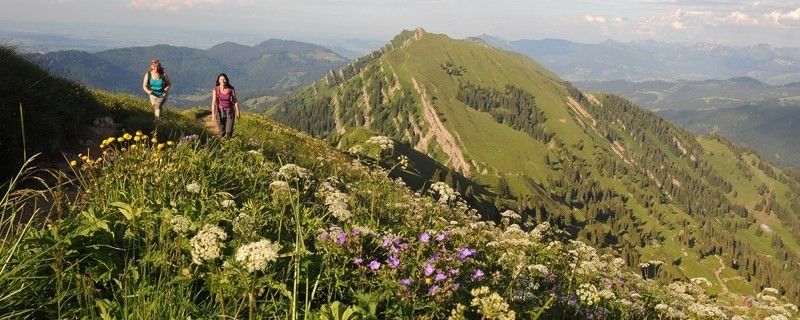GOVQoL
project aim
The GOVQoL project aims to strengthen the local administrations of municipalities throughout the Alpine region in order to sustainably improve the local quality of life. The quality of life factor is to be included in political leadership and taken into account in strategic decisions at all levels.
project runtime:
2025 - 2026
partners:
Universität Lubljana (SL)
POLITO Polytecnic of Turin (IT)
CIPRA France (FR)
budget:
Total funding: € 442.500;-, ERDF: € 331.875:-, funding AidA: € 105.000;-
funding bodies:
European Regional Development Fund /ERDF) - Interreg Alpine Space program: € 105.000;-
own funds AidA: € 26.250;-
When we think of (high) quality of life, the following things are obvious: good local services of general interest, social and medical services within a short distance, good public transport connections, a wide range of leisure activities with sport and culture, unspoilt nature and opportunities to work (locally or remotely) - to name just a few factors.
Challenges in the Alpine region
The Alpine region has a very heterogeneous structure, not only in terms of geography, but above all in terms of quality of life. In well-connected, touristically developed areas, the daily supply and infrastructure is good - the challenges then lie, for example, in expensive or even a lack of living space. In areas that are strongly characterised by an exodus of the population, there is usually a rather poor supply for the population or there is simply a lack of livelihoods.
Sustainably improving the quality of life
What can contribute to a high quality of life in municipalities? The cross-Alpine project GOVQoL is dedicated to this question - in an inclusive and participatory process. The first step is to define criteria for a high quality of life and make them measurable. It is about joint strategies, an action plan and its implementation as well as the subsequent evaluation. To achieve this, stakeholders must be identified and involved, e.g. the local population, associations, businesses, social service providers, local action groups and, of course, the local administration. The project partners are using interviews, workshops and webinars to develop quality of life roadmaps for two selected municipalities.
A handbook for quality of life
At the end of the project, there will be a handbook in all Alpine languages that will help local administrations and the local population in the Alpine countries to sustainably improve the quality of life or maintain it at a high level.
Further information: https://www.alpine-space.eu/project/govqol/




